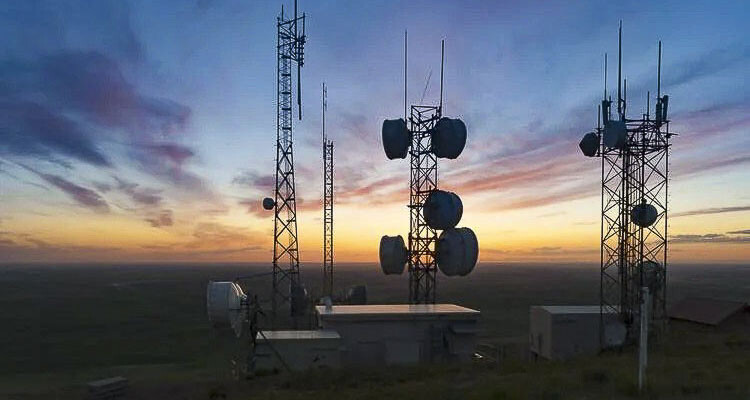
The funding is meant to bring broadband access to areas in the United States and corresponding territories that remain without high-speed broadband in our digital age
Timothy Schumann
The Center Square Washington
Rural Washington residents will soon get to see how much faster $1.2 billion in federal funding makes their pages load when browsing the World Wide Web.
An outgrowth of the Bipartisan Infrastructure Law, the funding comes from recently established Broadband Equity, Access, and Deployment Act, or BEAD. In total it provides $42.45 billion in funding nationwide as part of the Biden administration’s Internet for All initiative.
“In 2023, affordable high-speed internet is not a luxury; it’s a necessity. With this historic $1.2 billion investment we are going to create good paying jobs and ensure every Washingtonian can unlock the internet’s full potential,” said U.S. Secretary of Commerce Gina Raimondo when announcing the funding.
Administered federally through the National Telecommunications and Information Administration, the funding is meant to bring broadband access to areas in the United States and corresponding territories that remain without high-speed broadband in our digital age.
“I’m thrilled to see the federal government stepping up to invest in the work we’ve been doing for years to expand equitable access to high-speed internet,” said Washington Governor Jay Inslee in a statement accompanying the announcement.
Within the state, the funding will be administered by the Washington State Department of Commerce and disbursed through the Washington State Broadband Office, which already has a website dedicated to the Internet For All initiative.
“Telecommunications technology relieves the tyranny of distance by connecting people. Bridging the digital divide is about more than providing fiber optic lines or wireless infrastructure. It’s about bringing communities together” said director of Washington’s State Broadband Office Mark Vasconi.
On the federal level, Senators Maria Cantwell and Patty Murray were both instrumental in advocating for the bipartisan bill that funded the program.
“The COVID pandemic laid bare just how crucial fast and affordable internet access is for all Washingtonians. But for more than a quarter of a million households in the State of Washington, broadband remains inaccessible,” said Cantwell in a statement issued by her office.
Senator Murray called the record $1.2 billion investment “badly needed” and “nothing short of transformative.”
Washington state residents interested in how the program applies to them can find additional details on the Washington State Department of Commerce website.
This report was first published by The Center Square Washington.
Also read:
- Camas girls basketball: Defending champions look to learn from mistakes with a tough scheduleCamas girls basketball faces growing pains as they aim to defend their state championship with a young, talented team.
- Clark County Today Sports Podcast, Dec 19, 2024: Discussing the protocol on voting for WIAA amendments, plus a look at some of the amendments that will be voted on in 2025Clark County Today Sports Podcast reviews Camas and Seton Catholic football, WIAA amendments, and winter sports.
- Biden Energy Dept. deals another blow to natural gas supportersThe Department of Energy’s new rules and a report on LNG exports have sparked debates among natural gas supporters and environmental advocates.
- Opinion: Courts blocking the Kroger-Albertson merger won’t stop consumers from making choicesPaul Guppy of Washington Policy Center critiques judicial rulings that block the Kroger-Albertsons merger, citing changing consumer trends and potential job losses.
- Pac Coast Wrestling to return to Clark County Event Center Dec. 27-28The Pac Coast Wrestling Championships, featuring over 100 teams, return to the Clark County Event Center Dec. 27-28 for two days of thrilling competition.
- Mountain View now runs Clark County’s high school basketball holiday tournamentThe Mountain View Holiday Invite will host eight boys basketball teams, including five from Clark County, from Dec. 26-28 in a showcase of local talent.
- GoFundMe spotlight: Fundraiser for four injured in food truck explosionA fundraiser has been launched to support four individuals injured in the 4 Caminos food truck explosion in Vancouver, Washington.











